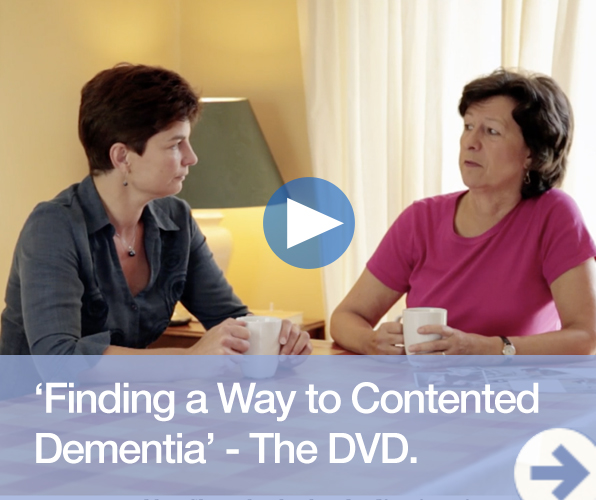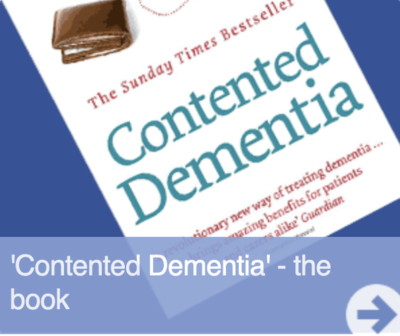The Contented Dementia Trust is committed to a programme of practice-based development and research, in order to ensure that we remain at the cutting edge in our field.
Royal College of Nursing Evaluation
The Royal College of Nursing (RCN) undertook a formal evaluation of the SPECAL Project in 1999 with the following findings:
- People with dementia take less medication
- Family carers experience less guilt
- People with dementia stay at home longer
- Carers report a plateau effect in the disease process
- People with dementia, if it becomes necessary, can move into nursing care with less distress
The overall finding of the RCN report was that “SPECAL has the potential to influence dementia care on a wider scale”. You can access the report here.
King’s College London
King’s College London (King’s) is one of the UK’s leading public research universities. In 2015 King’s designed a research programme to provide an independent evaluation of the efficacy of the SPECAL Method and to inform the development of psychosocial interventions in caring for people with dementia.
The outcomes of the Research Programme show that:
- NHS trainees expressed confidence in the rationale, application and benefits to participating family carers
- “Family carers reported enhanced interaction, transformed relationships and greater resilience.
- The feasibility study demonstrated that the SPECAL Method course for family carers, and the accompanying assessment process, is viable and acceptable.
- The results indicate the SPECAL Method boosts empathy, harmony and resilience
- Person-centred interaction, following SPECAL principles and practice, had enhanced the caring relationship and encouraged a more positive outlook.
- The research suggests that the mechanisms of SPECAL are relational, with reciprocal benefits for the carer and person with dementia.
- In applying SPECAL, carers gain an empathetic insight to the feelings of the person with dementia. This empathy leads to a more harmonious environment, which enhances the carer’s resilience. Essential to this transformational process are the Photograph Album, Three Golden Rules and Primary Theme
Read our joint statement with Kings here
Riachi R. Person-centred communication in dementia care: a qualitative study of the use of the SPECAL® method by care workers in the UK. J Social Work Prac 2017; 32: 303–21.
This study found that care workers trained in the SPECAL Method contributed to client well-being through modifying their communication techniques, expressing a protective, empathetic and reassuring approach, underpinned by reflection. Clients exhibited greater well-being and less anxious behaviour. The author concluded that care workers’ use of SPECAL™ communication methods, supported by supervision, may provide a unique combination of techniques, contributing to the development of caring relationships, to care worker and client well-being, and to the maintenance of client personhood. You can read the full article here.
Colorado State University; An Evaluation of Dementia Together’s Contented Dementia SPECAL Caregiver Training Program 2021
This study found that after attending a 7 week SPECAL training programme, family care-givers reported significantly lower levels of stress, and experienced greater positive aspects of caregiving, compared to before the course. A follow-on programme has recently started.



